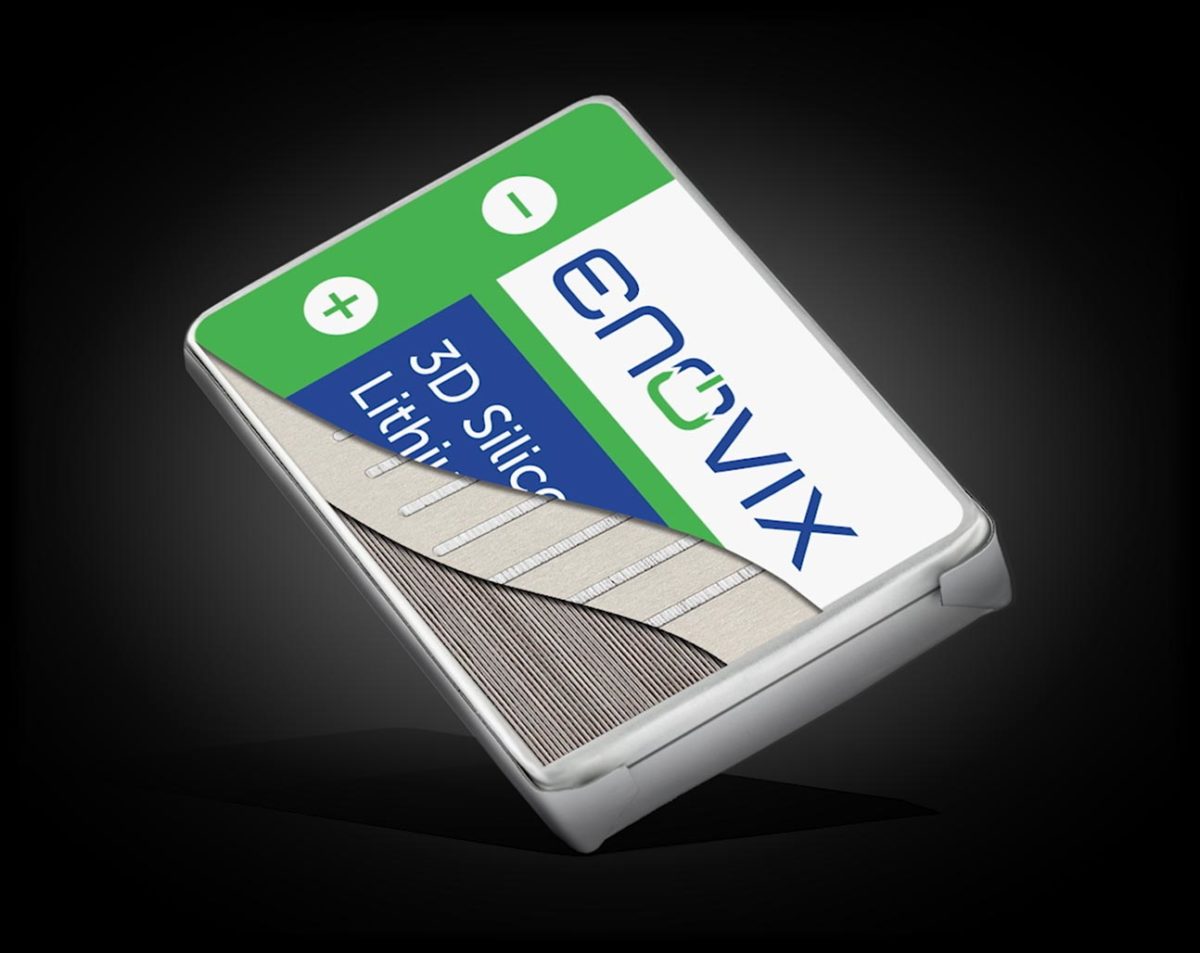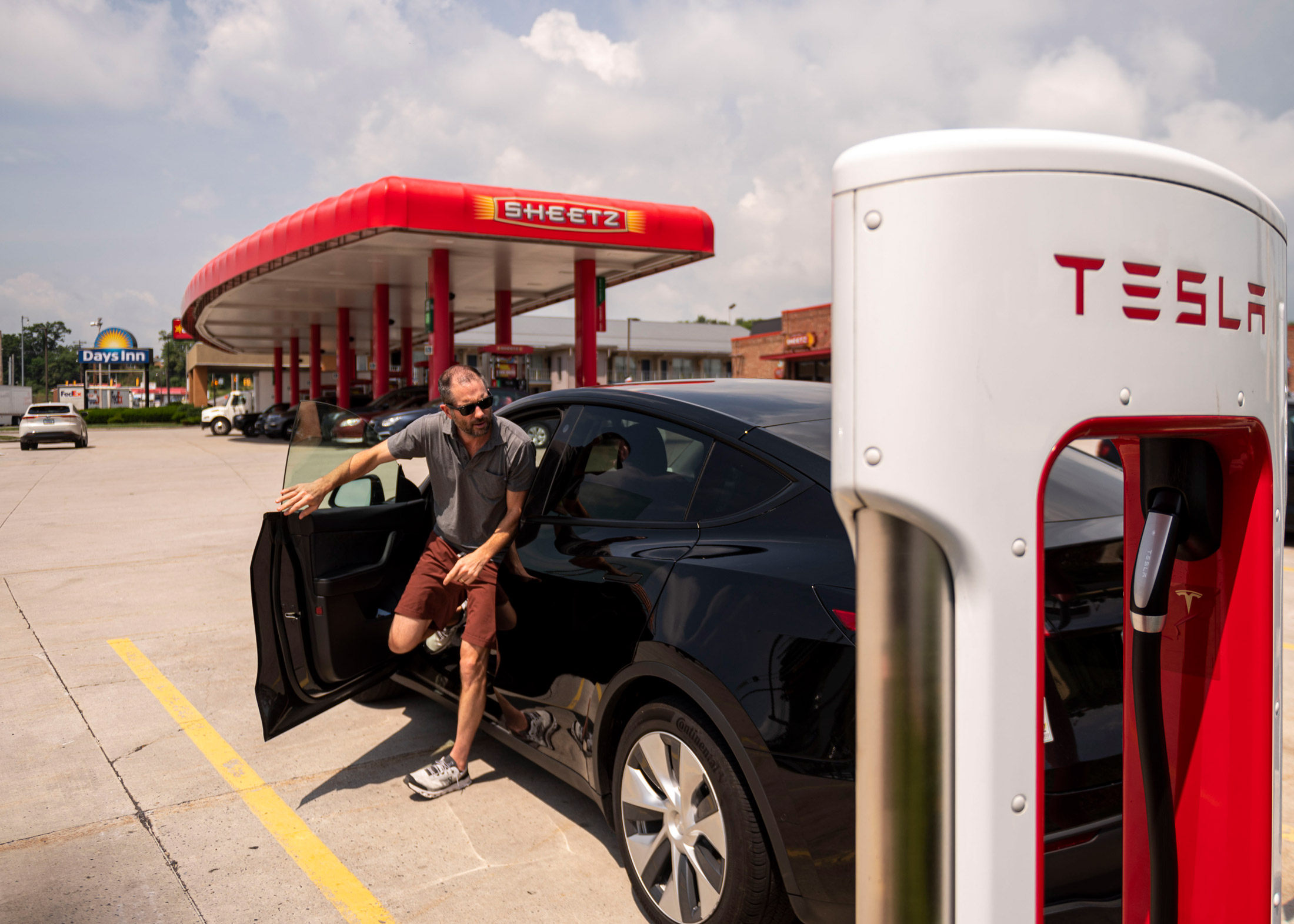
Electric vehicle battery capable of 98% charge in less than ten minutes
Enovix also demonstrated its US-made silicon anode lithium-ion batteries can charge 0% to 80% in five minutes.
>2x the capacity (volume energy density) of typical Li-ion
>80% recharge in ~5 minutes
10 year lifespan in aging tests
>93% capacity after 1000 recharge cycles (for a 250 mile/charge vehicle, that is 250,000 miles; if capacity is >2x, then you're looking at a 400-500 mile/charge vehicle that could retain 93% capacity at 400,000-500,000 miles)
Enovix, based in Fremont, California, announced that it demonstrated in electric vehicle (EV) battery cells the ability to charge from 0% to 80% state-of-charge in as little as 5.2 minutes and to achieve a greater than 98% charge capacity in under 10 minutes. The cells also surpassed 1,000 cycles while retaining 93% of their capacity.
The achievement shattered the United States Advanced Battery Consortium (USABC) goal of achieving 80% charge in 15 minutes.
Other goals for USABC at the cell level include a usable energy density of 550 Wh/L, a survival temperature range of -40 to +66 degrees C, and a cost of $75/kWh at an annual output volume of 250,000 units. A full set of USABC targets can be found here.
The company demonstrated the fast-charge ability in its 0.27 Ah EV cells in its silicon lithium-ion batteries, which it said contain a novel 3D architecture and constraint system. The cells contain a 100% active silicon anode. Enovix said the material has long been heralded as an important technology in the next generation of battery anodes.
Silicon anodes can theoretically store more than twice as much lithium than the graphite anode that is used in nearly all Li-ion batteries today (1800mAh/cubic centimeter vs. 800mAh/cubic centimeter).
Last edited:


